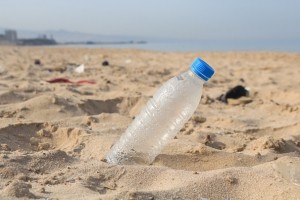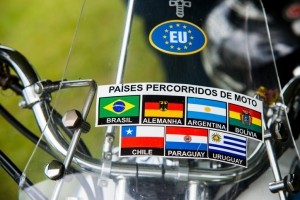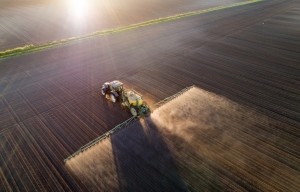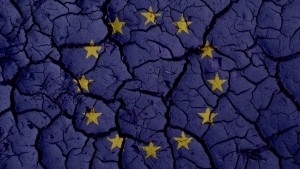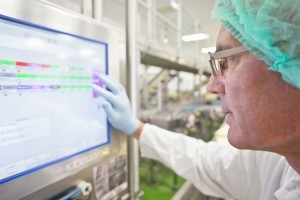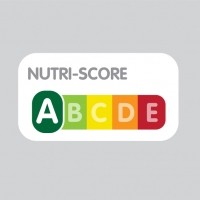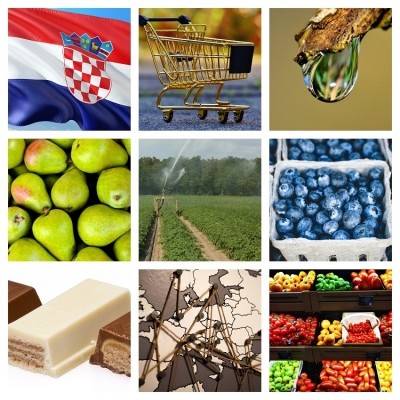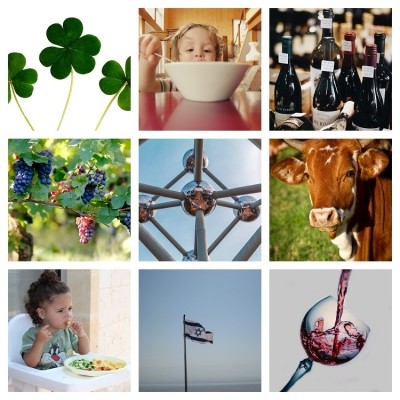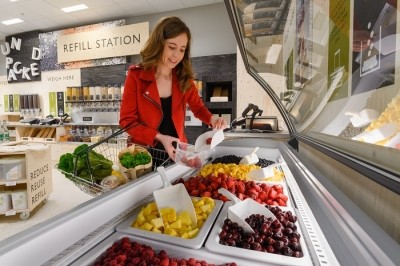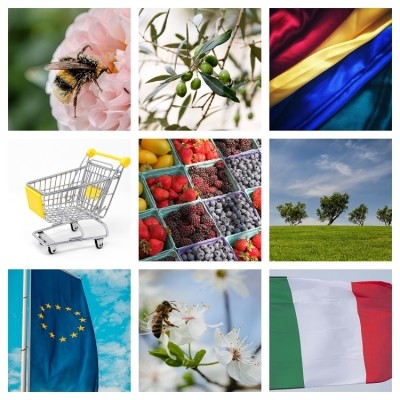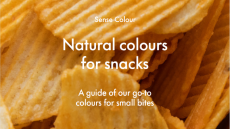Brussels Bulletin: EU Council adopts ban on single-use plastics
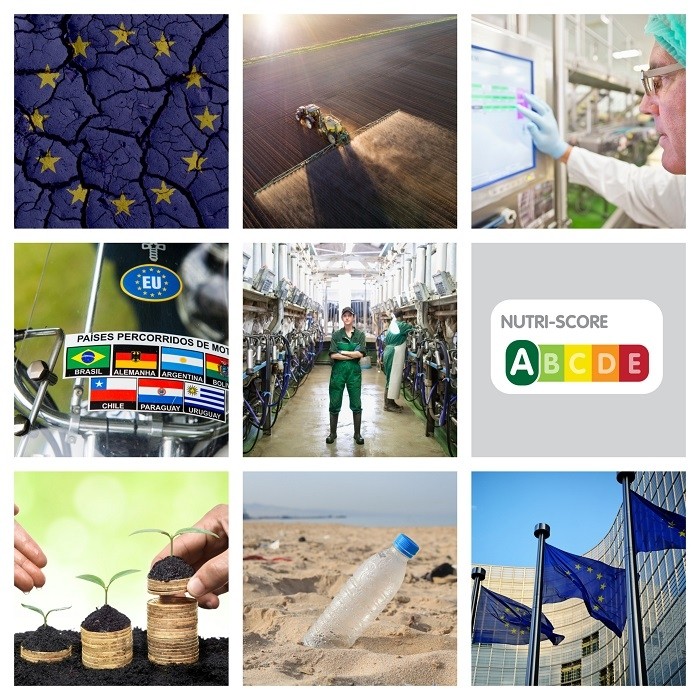
EU Council adopts ban on single-use plastics
The European Council has adopted a directive that introduces new restrictions on certain single-use plastic products. The European Parliament voted to ban single-use plastics by 2021 in March.
The single-use plastics directive builds on the EU's existing waste legislation but goes further by setting stricter rules for those types of products and packaging which are among the top 10 most frequently found items polluting European beaches.
The ban will include cups and food containers made of expanded polystyrene, and all products made of oxo-degradable plastic.
Member states have agreed to achieve a 90% collection target for plastic bottles by 2029, and plastic bottles will have to contain at least 25% of recycled content by 2025 and 30% by 2030.
Europe’s farmers angry as Mercosur deal inches closer
European farmers went on the offensive after EU trade chief Cecilia Malmström confirmed that a trade deal with the South American Mercosur bloc could be reached in the coming months.
“This is crossing a red line not only for European farmers and agricooperatives but also for all European citizens who are voting for a greener, more transparent and protective Europe,” said Copa-Cogeca, the umbrella organisation of European farmers and cooperatives.
“How can the European Commission justify to EU farmers and citizens that it plans to import further agricultural goods from Brazil a few months after Mr Bolsonaro’s [Brazil’s president] government authorised over 150 new pesticides, while the same Commission proposes the exact opposite strategy for its producers?”
The European farming sector, currently already under significant pressure, is concerned it will face an even tougher struggle for survival as it will find itself up against massive imports of beef, sugar, poultry, ethanol, rice, orange juice and many other products from these countries.
Pat McCormack, president of the Irish Creamery and Milk Suppliers’ Association, warned that if South American beef is allowed into Europe, it would be “an absolute disaster for both farmers and the global environment”.
New fertiliser regulations adopted
The EU has adopted new regulations which the European Council said will open up new possibilities for production and marketing on a large scale.
The regulation, adapted on 21 May, harmonises requirements for fertilisers produced from phosphate minerals and from organic or secondary raw materials in the EU, said the council.
The regulation sets limits for a range of contaminants, such as cadmium, contained in mineral fertilisers.
According to the council, the new rules will ensure that only fertilisers that meet high quality and safety EU-wide requirements and standards can be sold freely across the EU.
Europe is failing to tackle agriculture’s contribution to climate breakdown, says Greenpeace
Environmentalists have criticised the release of a European Commission report showing that greenhouse gas emissions from European farming have been rising steadily since 2012.
Under the Paris climate agreement, the EU and its member states have committed to reduce emissions in the EU by at least 40% by 2030, but EU’s farming sector has shown no decline in emissions since 2010, with meat and dairy estimated to be responsible for 12-17% of total greenhouse gas emissions.
A Greenpeace EU spokesperson told FoodNavigator: "Multiple studies, like those from Lancet and the RISE foundation, have shown that meat and dairy production and consumption must drop steeply if we're to avoid climate and ecological destruction. The food industry must provide people with a balanced, healthy diet that includes less and better meat and dairy – while supporting small farmers.
“The EU's current farming policy is locking farmers into a broken system by enabling and rewarding over-production of low-quality meat and dairy. People want to eat food that's better for themselves, and for the planet, and farmers want to provide it – it's time for the EU and governments to support that transition."
Greenpeace, is calling for a 50% reduction in global meat and dairy production by 2050, to protect the climate, environment and public health.
Europe’s food sector shows highest growth of sustainable product sales, an EU report discovers
Food retailers in France, Germany, Italy and the Netherlands are finding growing consumer demand for sustainable sourced products, according to survey of over 1,800 companies in the five countries by the International Trade Commission.
The first retail survey of its kind, commissioned by the European Commission Directorate-General for Trade, covered seven other retail product groups: beverages, clothing, computers, household and office furniture, mobile phones, printed materials, and toys and games.
However, the food sector stood out, with food products showing the highest growth of sustainable product sales (18.3%) in the last five years. In addition, 98% of food retailers reported increased sales of sustainable products over the past five years (compared to 85% for all), and 97% of food retailers expected sales in sustainable products to increase in the next five years, compared to 92% for all sectors.
EFSA launches public consultation into quinolizidine alkaloids
The European Food Safety Authority (EFSA) is publicly consulting on its scientific opinion on the risks for animal and human health related to the presence of quinolizidine alkaloids in food and feed.
Quinolizidine alkaloids are naturally occurring compounds that can be present in lupin seeds.
If these alkaloids are not properly removed in a debittering process, they can trigger poisoning in humans which affects the nervous, cardiovascular and digestive systems, according to EFSA.
The public consultation is open until 5 July 2019.
Consumer groups launch petition for EU-wide simplified nutrition label
Seven national consumer organisations from the European Consumer Organisation’s (BEUC) network have launched a petition calling for the roll out of Nutri-Score across Europe on food and drink packaging.
“We know obesity rates continue to rise, and that part of the solution is to make it easier for consumers to make sense of nutritional information on food labels. We need strong political will to make it a reality so that consumers across Europe can choose healthier foods more easily,” said BEUCM’s director general, Monique Goyens.
“A colour-coded label on the front of pack helps busy shoppers compare foodstuffs and to spot instantly the healthier yoghurt or snack. Being a consumer should not be a full-time job. Few of us have the time to decipher complex figures on the back of packages at the supermarket. This citizen initiative suggests to the EU a very concrete course of action, by adopting a nutrition label which has proven its effectiveness. There’s no more time to waste to make the healthy choice easier for consumers, EU decision makers must urgently heed our call.”
BEUC said Nutri-Score is currently the best-performing scheme in both aiding consumers to compare the nutritional quality of foods across a range of products and to make healthier purchasing choices. The Nutri-Score system gives food and beverages an overall nutritional rating on a scale which goes from ‘A’ to ‘E’, with corresponding colours ranging from dark green to red. It takes into account both nutrients to avoid, such as sugar or salt, and those elements to favour, such as fibre, fruit and vegetables.
